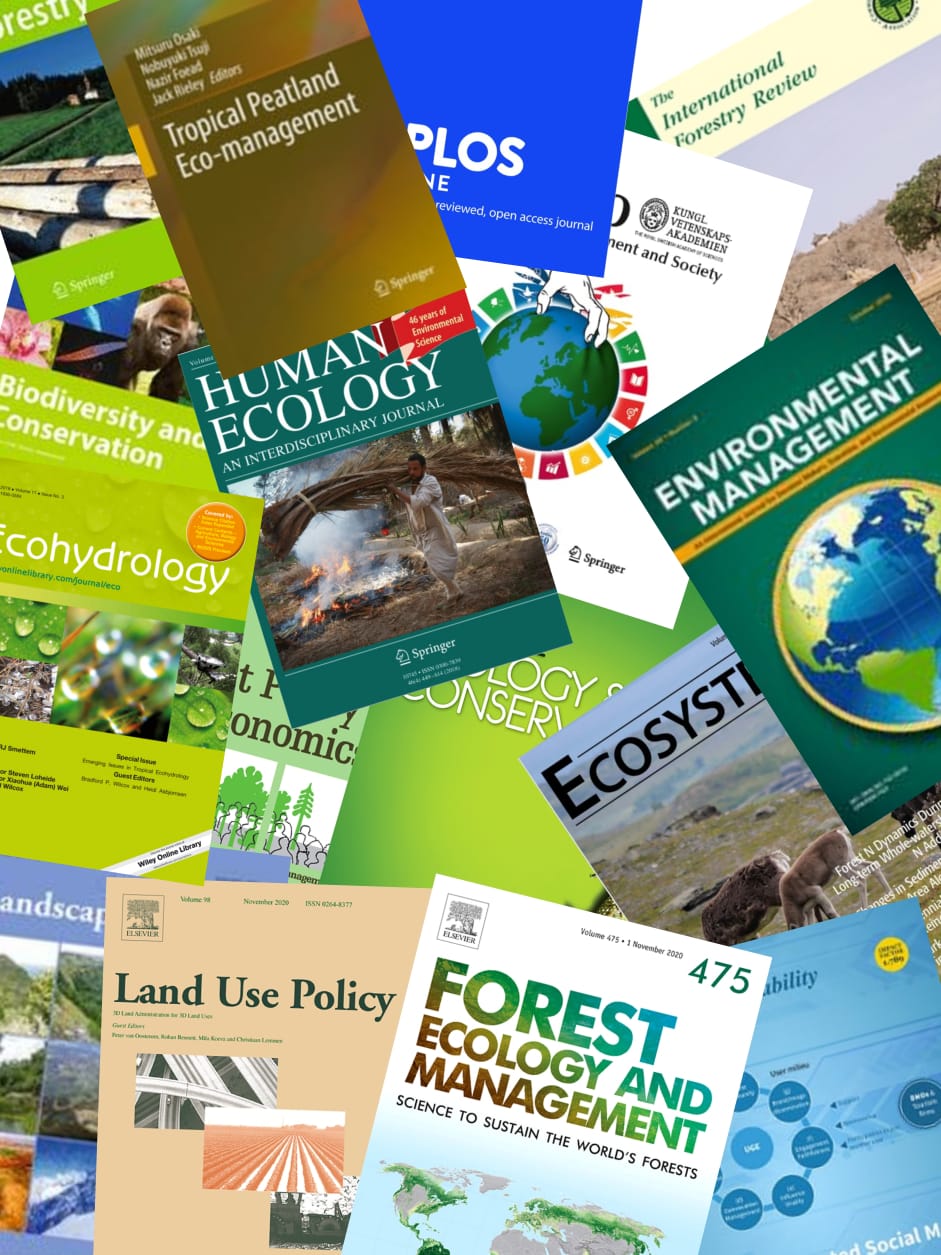Growing recognition of the potential vulnerabilities of major crop systems has spurred a growing interest in the potential of alternative crops which may be resilient to climate change and also help mitigate its effects. In Indonesia, such issues are particularly pertinent given that country's particular vulnerability to climate change impacts high dependence on agricultural livelihoods and varied topographies and growing conditions. Cyrtosperma merkusii (giant swamp taro) is a wetland plant which has historically formed part of food systems in the eastern Pacific. The plant has the potential to be cultivated as a source of starch on marginal coastal land and on peatlands with high water tables. The aim of this paper was therefore to determine site conditions that promote growth of C. merkusii and the macro and micronutrient status of the corms. Naturally, the size of the plants varied substantially among sites, with a neutral pH, and low redox and conductivity being strong edaphic predictors of corm size. Despite substantial differences in the soil properties of the different study sites, there were no significant differences in the macro and micronutrient content of the corms. Field trials showed that although the plants grew under dry land conditions, the plants grew bigger and yielded corms with greater concentrations of Fe, Mn and K under waterlogged conditions, indicating that a high-water table is the best cultivation environment for C. merkusii. The nutrient content of the corms suggests that, although primarily a starch crop, C. merkusii could also increase the intake of Fe in populations where Fe deficiency is pervasive. We conclude that the wetland plant C. merkusii has considerable potential as a paludiculture crop in low-lying areas of SE Asia as it was tolerant of a wide range of soil conditions and performed well when cultivated under waterlogged conditions without additional fertilisation.
View source

